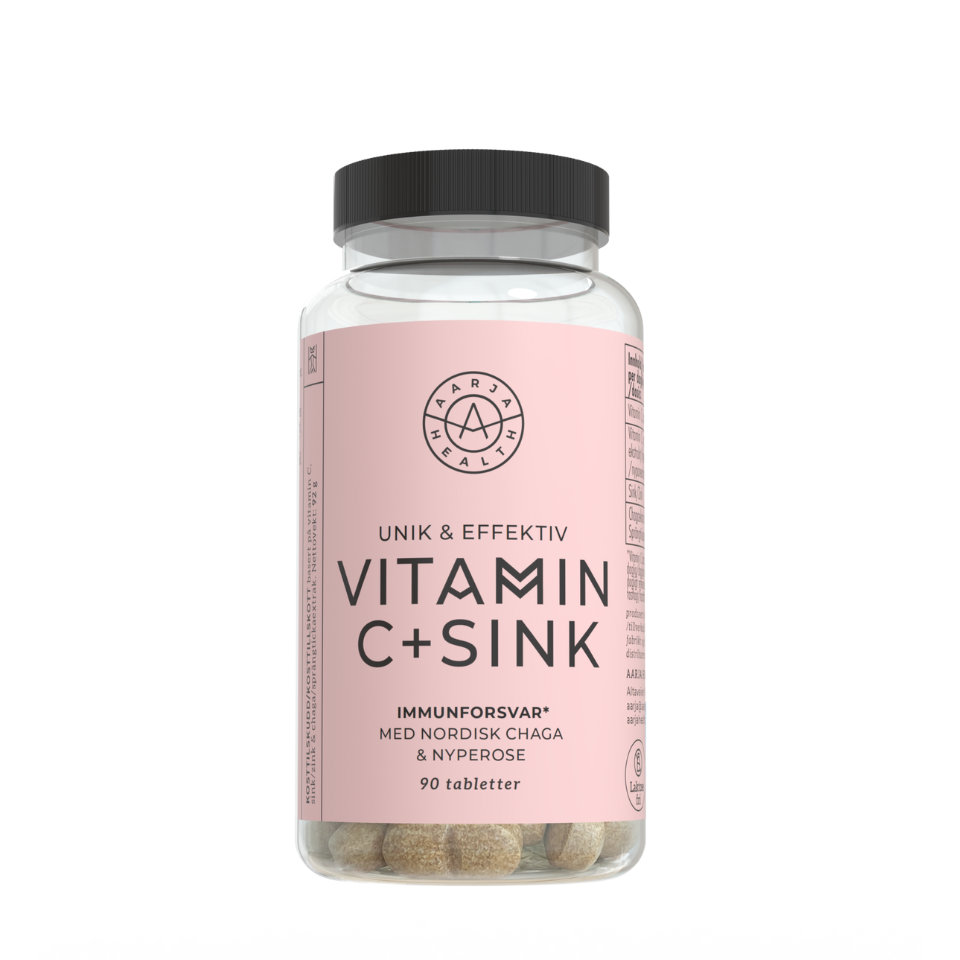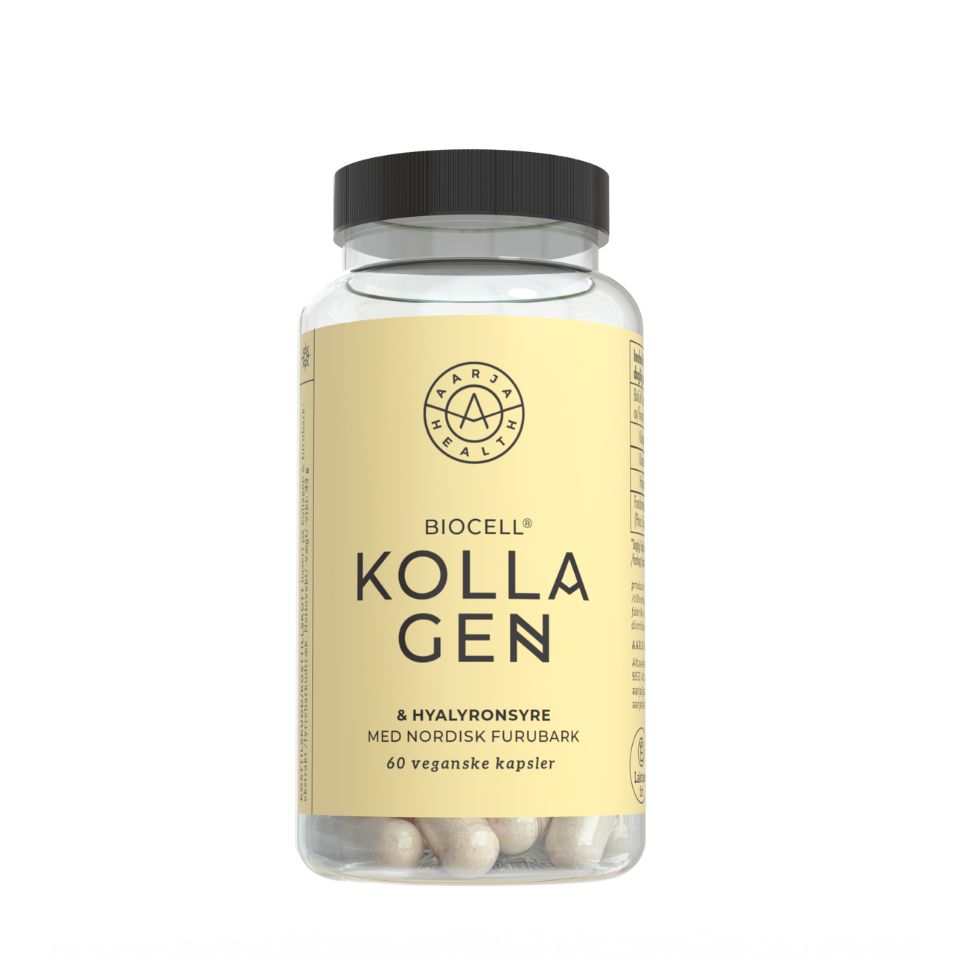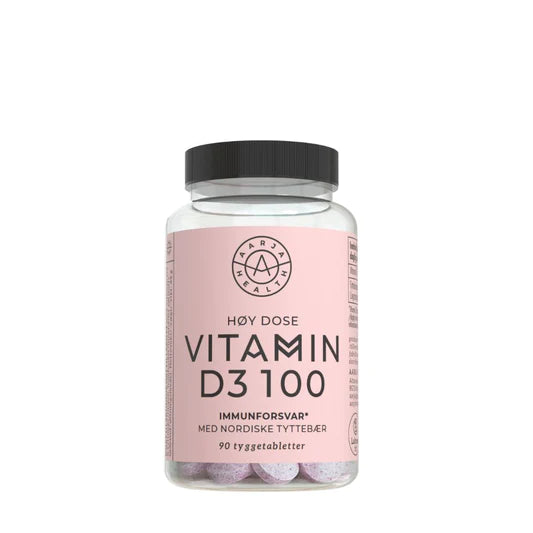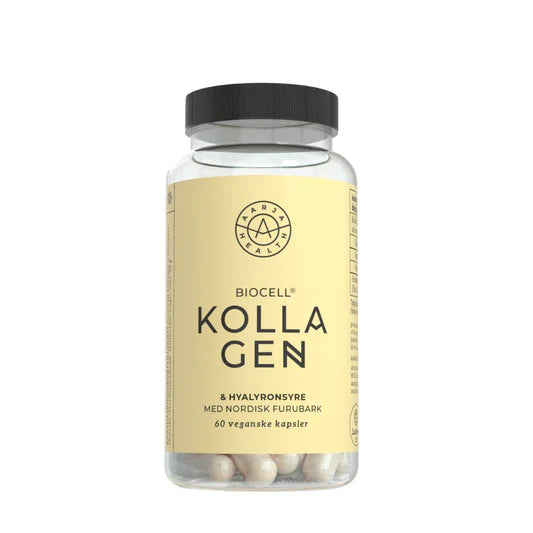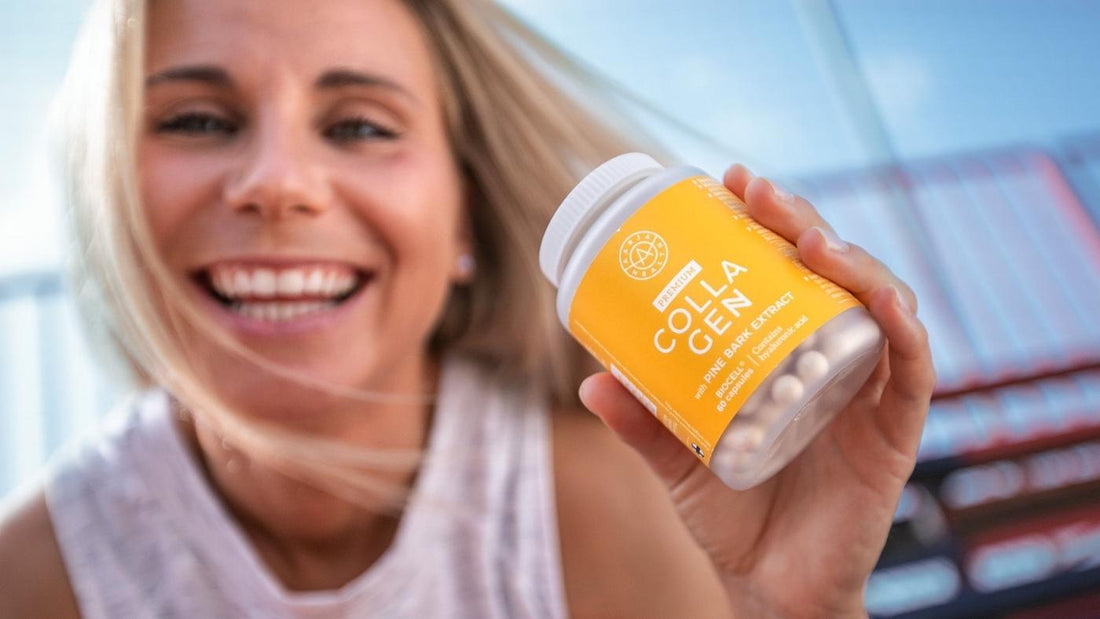
Benefits of Collagen
The skin-promoting protein collagen accounts for 75 percent of your skin. Collagen is especially found in the connective tissue of skin, tendons, ligaments and bones. As we age, our bodies begin to produce less collagen. The result is skin that becomes vulnerable to age-related damage. This is not something that only happens in our old age. The loss of this vital, skin-nourishing protein in the skin's inner layer begins at age 30.
Collagen is actually the most abundant protein in our body. Of the twenty-eight types of collagen, type I, type II, type III, type IV, and type V are the most important found in connective tissue. Collagen is mainly made from three strands of protein, including the amino acids glycine, proline and hydroxyproline.
Collagen helps the skin both retain and retain moisture. Relieving dryness can lead to fewer fine lines and wrinkles. Elasticity in the skin is what allows it to move, stretch and stay plump. Amazingly, the elasticity of the skin begins to decrease in the early 20s!
Three areas of the skin are responsible for elasticity. These consist of the epidermis, or outer layer, the middle layer called the dermis, and the deeper layer, or subcutis. Of course, these areas consist not only of elastin but also of collagen. In younger skin, these deep collagen fibers are taut like springs that support the skin layers. When the collagen fibers weaken, the skin begins to sag.
The collagen also helps speed up the healing process of abrasions, bruises, cuts and wounds. The healing process in the skin begins with an inflammation, which usually lasts a few days. Next comes the proliferation stage, which utilizes collagen production for repair. Finally, the skin remodels itself, as collagen continues to be produced. In the case of collagen deficiency, the healing process is prolonged or even stopped.
Aging is not the only factor in collagen decline. Lifestyle can also accelerate collagen loss such as smoking, excessive alcohol consumption and consumption of too much added sugar and processed foods. Although sunshine is wonderful for vitamin D, UVB and UV rays can be harmful to collagen and our skin.
Taking collagen can help strengthen the collagen fibers, making the skin feel smoother and firmer. This can help eliminate premature aging and sagging skin.
Adding collagen to our diet through foods and supplements can help increase skin's glow, feel and overall health. In order for our bodies to produce collagen, amino acids from protein-rich foods such as fish, chicken, beef, eggs, and dairy products such as milk and yogurt must be consumed. Bone broth is also a particularly rich source.
Vitamin C is the building block of collagen, so plenty of berries, citrus fruits, tomatoes, spinach and broccoli are also needed. Finally, two more minerals, zinc and copper, must be added. These are found in nuts, beans and whole grains.
Collagen supplements such as Aarja Health's BioCell® COLLAGEN with pine bark and hyaluronic acid contain 500 mg of BioCell collagen and 20 mg of pine bark extract. The collagen is hydrolysed, which means that, unlike food sources, it has already been broken down into smaller peptides. This allows our bodies to quickly and easily digest this valuable protein.
Collagen supplements are best taken on an empty stomach. We suggest one capsule in the morning before breakfast and another capsule before bed. Also consider adding Aarja Health's VITAMIN C 500 as an extra boost to help with collagen production. Collagen is an important protein in the construction of healthy skin. Trying to maintain the levels in our body only makes sense.


